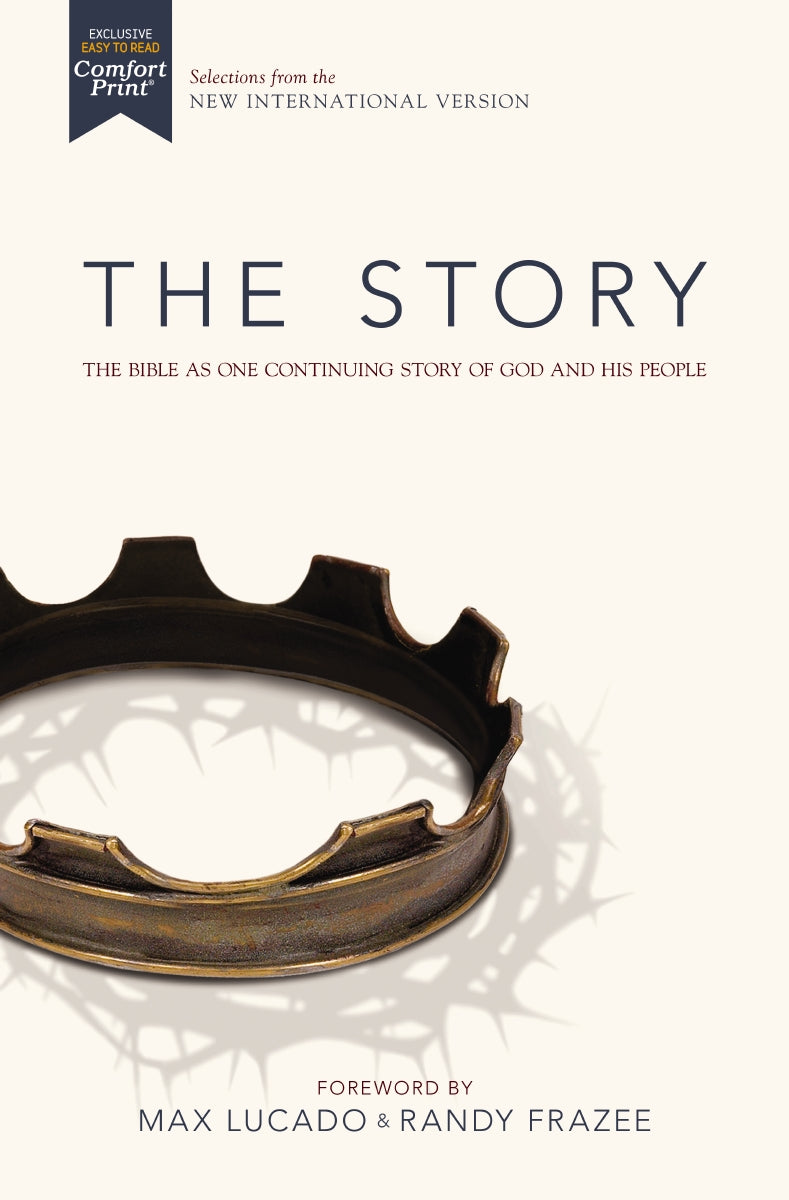Ezra 2:36-69
New International Version
36 The priests:
| the descendants of Jedaiah(A) (through the family of Jeshua) | 973 |
| 37 of Immer(B) | 1,052 |
| 38 of Pashhur(C) | 1,247 |
| 39 of Harim(D) | 1,017 |
40 The Levites:(E)
| the descendants of Jeshua(F) and Kadmiel (of the line of Hodaviah) | 74 |
41 The musicians:(G)
| the descendants of Asaph | 128 |
42 The gatekeepers(H) of the temple:
| the descendants of | |
| Shallum, Ater, Talmon, | |
| Akkub, Hatita and Shobai | 139 |
43 The temple servants:(I)
| the descendants of |
| Ziha, Hasupha, Tabbaoth, |
| 44 Keros, Siaha, Padon, |
| 45 Lebanah, Hagabah, Akkub, |
| 46 Hagab, Shalmai, Hanan, |
| 47 Giddel, Gahar, Reaiah, |
| 48 Rezin, Nekoda, Gazzam, |
| 49 Uzza, Paseah, Besai, |
| 50 Asnah, Meunim, Nephusim, |
| 51 Bakbuk, Hakupha, Harhur, |
| 52 Bazluth, Mehida, Harsha, |
| 53 Barkos, Sisera, Temah, |
| 54 Neziah and Hatipha |
55 The descendants of the servants of Solomon:
| the descendants of |
| Sotai, Hassophereth, Peruda, |
| 56 Jaala, Darkon, Giddel, |
| 57 Shephatiah, Hattil, |
| Pokereth-Hazzebaim and Ami |
| 58 The temple servants(J) and the descendants of the servants of Solomon | 392 |
59 The following came up from the towns of Tel Melah, Tel Harsha, Kerub, Addon and Immer, but they could not show that their families were descended(K) from Israel:
| 60 The descendants of | |
| Delaiah, Tobiah and Nekoda | 652 |
61 And from among the priests:
| The descendants of |
| Hobaiah, Hakkoz and Barzillai (a man who had married a daughter of Barzillai the Gileadite(L) and was called by that name). |
62 These searched for their family records, but they could not find them and so were excluded from the priesthood(M) as unclean. 63 The governor ordered them not to eat any of the most sacred food(N) until there was a priest ministering with the Urim and Thummim.(O)
64 The whole company numbered 42,360, 65 besides their 7,337 male and female slaves; and they also had 200 male and female singers.(P) 66 They had 736 horses,(Q) 245 mules, 67 435 camels and 6,720 donkeys.
68 When they arrived at the house of the Lord in Jerusalem, some of the heads of the families(R) gave freewill offerings toward the rebuilding of the house of God on its site. 69 According to their ability they gave to the treasury for this work 61,000 darics[a] of gold, 5,000 minas[b] of silver and 100 priestly garments.
Nehemiah 7:70-72
New International Version
70 Some of the heads of the families contributed to the work. The governor gave to the treasury 1,000 darics[a] of gold, 50 bowls and 530 garments for priests. 71 Some of the heads of the families(A) gave to the treasury for the work 20,000 darics[b] of gold and 2,200 minas[c] of silver. 72 The total given by the rest of the people was 20,000 darics of gold, 2,000 minas[d] of silver and 67 garments for priests.(B)
Footnotes
- Nehemiah 7:70 That is, about 19 pounds or about 8.4 kilograms
- Nehemiah 7:71 That is, about 375 pounds or about 170 kilograms; also in verse 72
- Nehemiah 7:71 That is, about 1 1/3 tons or about 1.2 metric tons
- Nehemiah 7:72 That is, about 1 1/4 tons or about 1.1 metric tons
Ezra 2:70
New International Version
70 The priests, the Levites, the musicians, the gatekeepers and the temple servants settled in their own towns, along with some of the other people, and the rest of the Israelites settled in their towns.(A)
Ezra 3:1-7
New International Version
Rebuilding the Altar
3 When the seventh month came and the Israelites had settled in their towns,(A) the people assembled(B) together as one in Jerusalem. 2 Then Joshua(C) son of Jozadak(D) and his fellow priests and Zerubbabel son of Shealtiel(E) and his associates began to build the altar of the God of Israel to sacrifice burnt offerings on it, in accordance with what is written in the Law of Moses(F) the man of God. 3 Despite their fear(G) of the peoples around them, they built the altar on its foundation and sacrificed burnt offerings on it to the Lord, both the morning and evening sacrifices.(H) 4 Then in accordance with what is written, they celebrated the Festival of Tabernacles(I) with the required number of burnt offerings prescribed for each day. 5 After that, they presented the regular burnt offerings, the New Moon(J) sacrifices and the sacrifices for all the appointed sacred festivals of the Lord,(K) as well as those brought as freewill offerings to the Lord. 6 On the first day of the seventh month they began to offer burnt offerings to the Lord, though the foundation of the Lord’s temple had not yet been laid.
Rebuilding the Temple
7 Then they gave money to the masons and carpenters,(L) and gave food and drink and olive oil to the people of Sidon and Tyre, so that they would bring cedar logs(M) by sea from Lebanon(N) to Joppa, as authorized by Cyrus(O) king of Persia.
Holy Bible, New International Version®, NIV® Copyright ©1973, 1978, 1984, 2011 by Biblica, Inc.® Used by permission. All rights reserved worldwide.
NIV Reverse Interlinear Bible: English to Hebrew and English to Greek. Copyright © 2019 by Zondervan.
Bible Gateway Recommends






